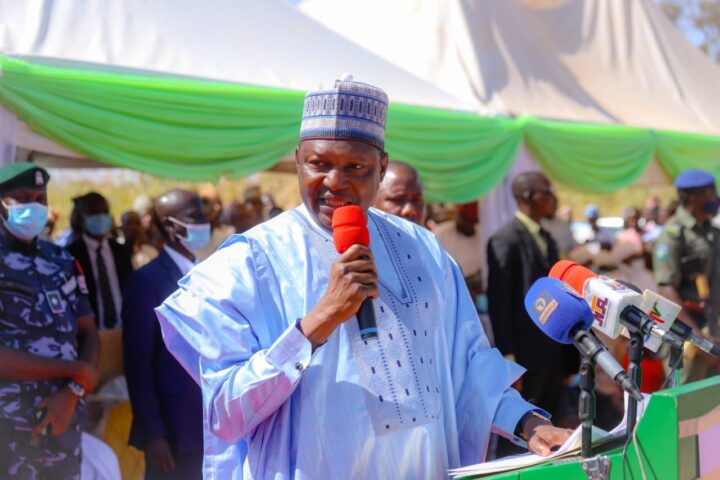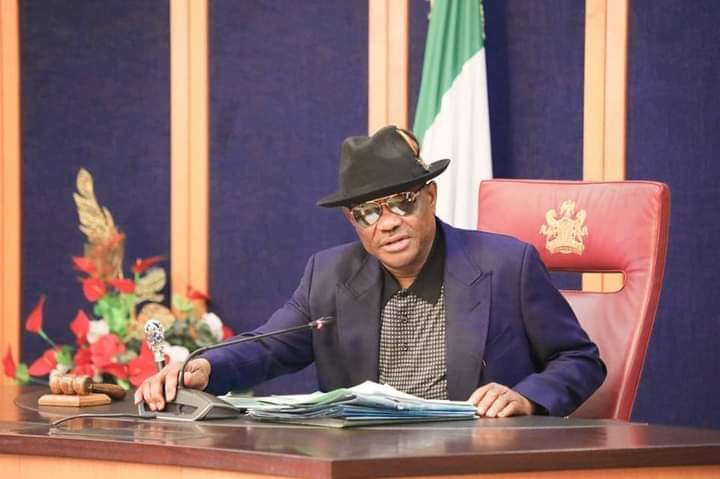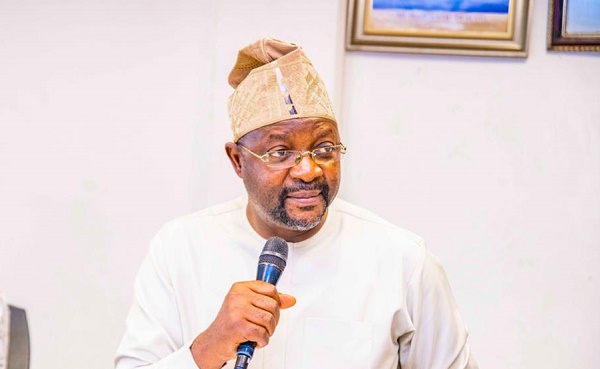Abubakar Malami, attorney-general of the federation, says he did not blame the judiciary for the delay in the prosecution of high-profile cases.
On Monday, Malami, in an interview on Channels Television, said the federal government has employed measures to ensure speedy dispensation of cases, and that once a matter is brought before the court, it becomes a judiciary affair.
“As far as the present administration is concerned, delay of cases does not arise. If you are looking at it from the perspective of the legislative framework, we are enforcing provisions of the Administration of Criminal Justice Act (ACJA), as in day-in-day-out prosecution of cases,” the attorney-general had said.
“You cannot, by any stretch of imagination, place blame associated with the conclusion and determination of the case on the doorsteps of the executive. It is exclusively a judicial affair.”
Advertisement
Responding to Malami’s comment, Ibrahim Muhammad, chief justice of Nigeria (CJN), said the federal government files more charges than it can prove in court, while describing the minister’s position as “one-sided”.
Commenting on the development in a statement issued on Wednesday by Umar Gwandu, his spokesman, Malami said his position was misconstrued.
“Malami said it is on record that the Buhari-led federal government has a record of non-interference with or meddling into the affairs of the legislature and judiciary,” the statement reads.
Advertisement
“It was within the context of this quality and feature of non-interference by the Buhari-led federal government and for the avoidance of sub-judice that the minister responded that high-profile cases were presented by the federal government for prosecution and the government came out with initiatives in its efforts to support speedy determination of justice.
“He noted with dismay the way his response to a question in a recent interview was construed to evoke an unintended and non-existing inferences which some mischief makers projected him as blaming the judiciary.
“It was an innocent statement aimed at showing the re-enactment of a tripartite division of powers and responsibilities among the executive, legislature and judiciary.”
Advertisement
Add a comment






